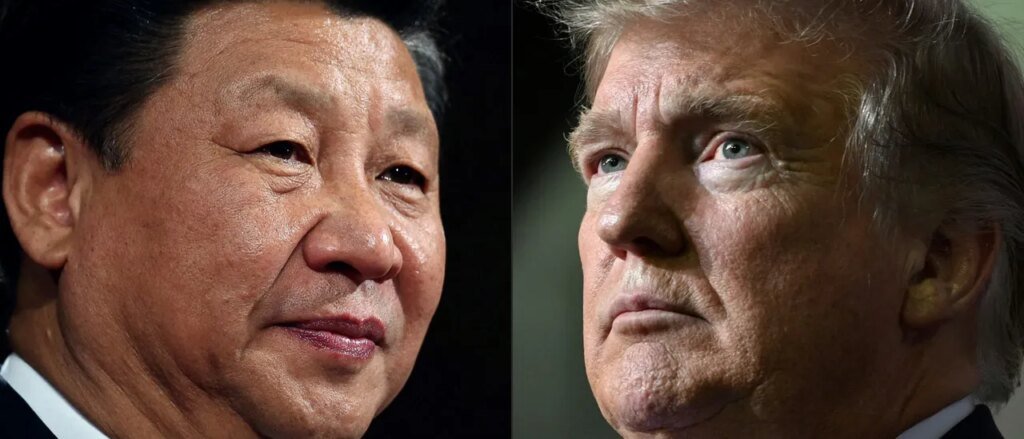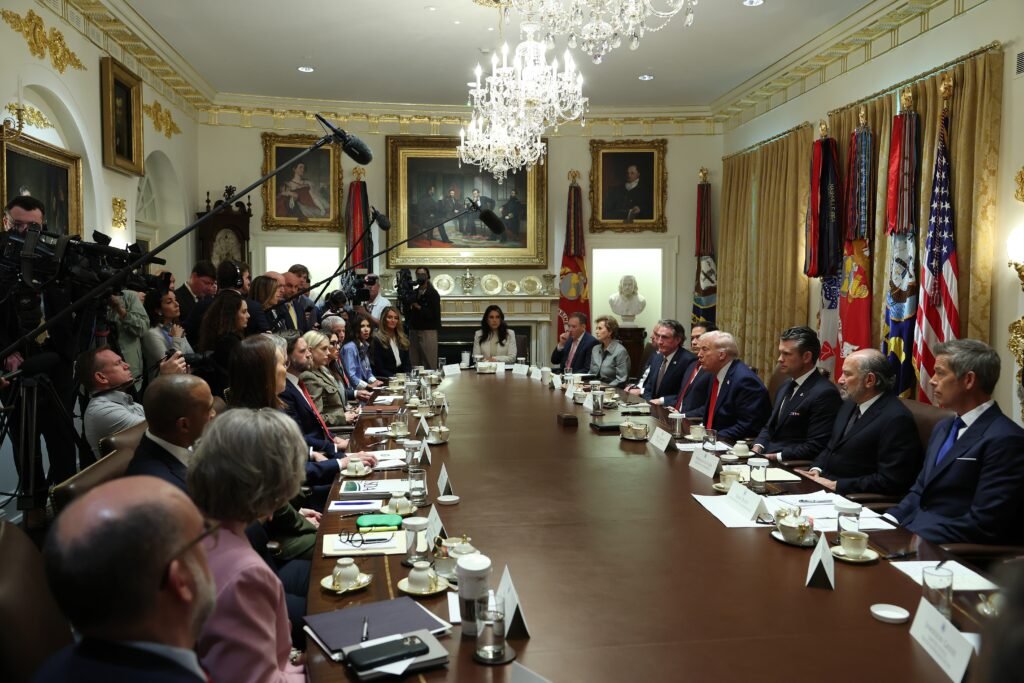On Thursday, China announced fresh export restrictions on crucial minerals vital for high-tech manufacturing. This development heightens tensions with the United States just weeks before President Trump is set to meet with Chinese President Xi Jinping.
Rare earth elements, a collection of 17 metallic components necessary for producing everything from vehicles and weapon systems to wind turbines, smartphones, and medical devices, have emerged as a focal point in the U.S.-China trade discussions. Interestingly, a significant portion—about 80%—of the rare earths consumed in the U.S. comes from China, which holds a near-complete grip on global rare earth mining and refining capabilities.
Under the new rules, foreign suppliers will need Chinese government approval to export items manufactured with Chinese rare earth processing tech or containing rare earth materials that only make up 0.1% of an item’s worth. This change comes just as Trump and Xi are gearing up for high-level discussions, which includes a summit in South Korea later this month.
A White House official mentioned that the administration is closely assessing the impact of these new regulations that were enforced unexpectedly and seem aimed at controlling the world’s technology supply chain.
According to the new guidelines, permission will also be necessary to export technologies linked to mining and smelting rare earths or manufacturing magnets. Reports indicate that the Chinese government has even added five more rare earth elements to the existing restricted list, increasing the total to 12 out of the 17 elements classified as rare earths.
The Chinese government stated that these restrictions are essential to “protect national security.” Earlier this year, during April, concerns over relying on China arose when it enacted export controls on certain rare earth elements as a reaction to Trump’s tariffs, which caused supply shortages. Although China had promised to ease these restrictions in May, the continuing export controls suggest an intent to leverage rare earths for strategic advantages.
Nazak Nikakhtar, a former deputy secretary of commerce, remarked on the significant nature of these export restrictions, noting that they extend beyond prior regulations that mainly targeted heavy rare earths used for high-temperature magnets and now encompass technology and equipment for rare earth processing and recycling, reaching into sectors beyond national defense like semiconductors. This situation should serve as a wake-up call for the U.S. government to boost investments in domestic capabilities.
The Trump administration is actively working to enhance domestic mining and processing operations to lessen dependence on Chinese supplies. Recently, the Department of Defense made a substantial $400 million investment in MP Materials, the only U.S.-based rare earth mineral mine.
However, Wade Senti, president of Advanced Magnet Labs, a U.S. permanent magnet company, emphasizes the need for further investment. He pointed out that China might try to take advantage of weaknesses within the rare earth supply chain and that the U.S. must significantly increase its investment in innovative solutions. “It’s essential for various industries to collaborate to tackle this issue and create innovations that resolve bottlenecks in the permanent magnet supply chain,” he stated, highlighting the need for more funding and resources.
Senti’s company is actively working to challenge China’s dominance by producing magnets that rely less on heavy rare earth elements, aiming for an alternative source independent of both U.S. and Chinese companies. He added, “These recent developments underscore that the U.S. must adopt a fresh and innovative approach to magnets and rare earths. This is really the only way to sidestep and mitigate the repeated disruptions from China.”







